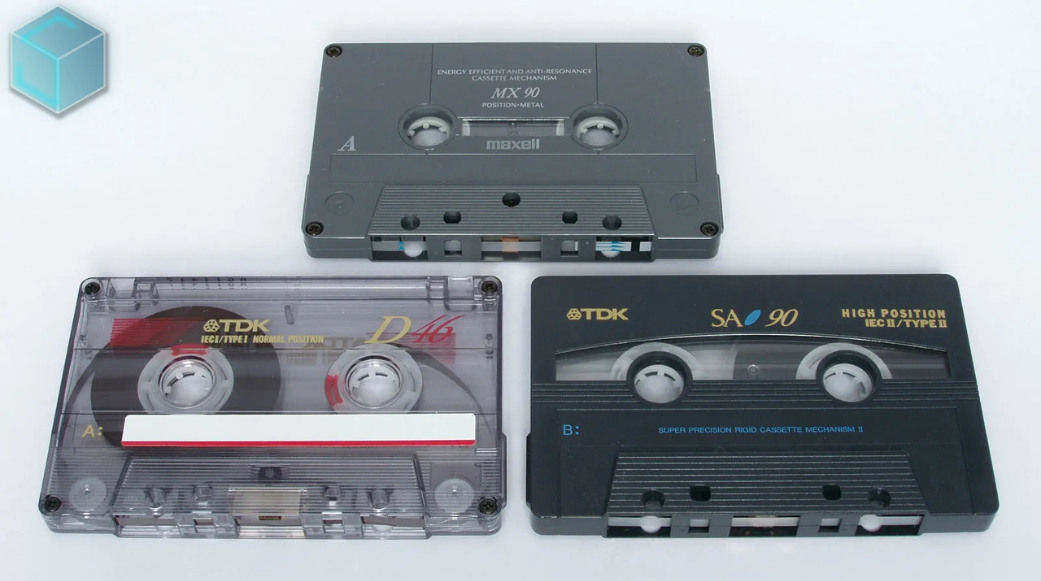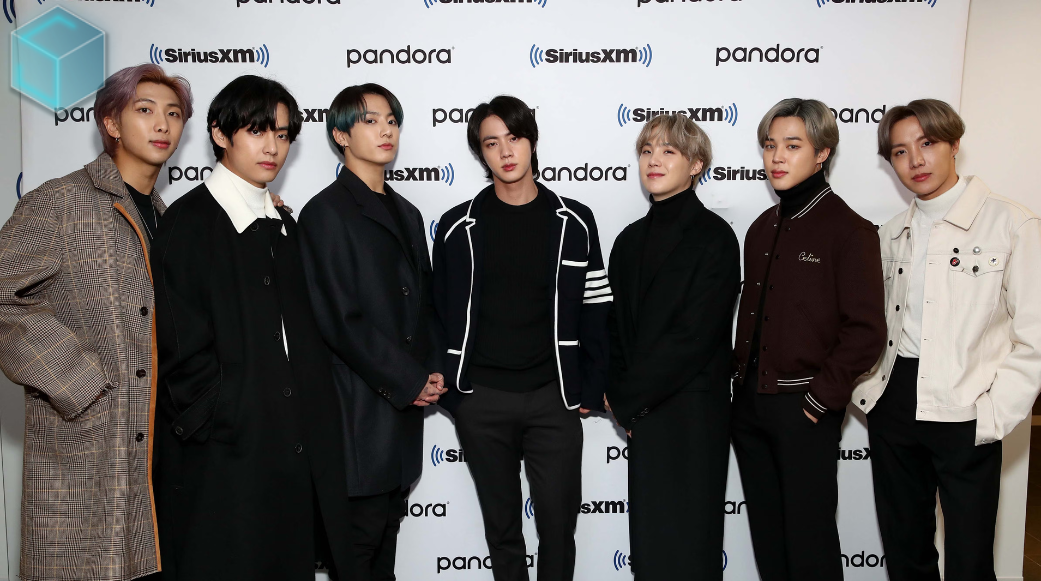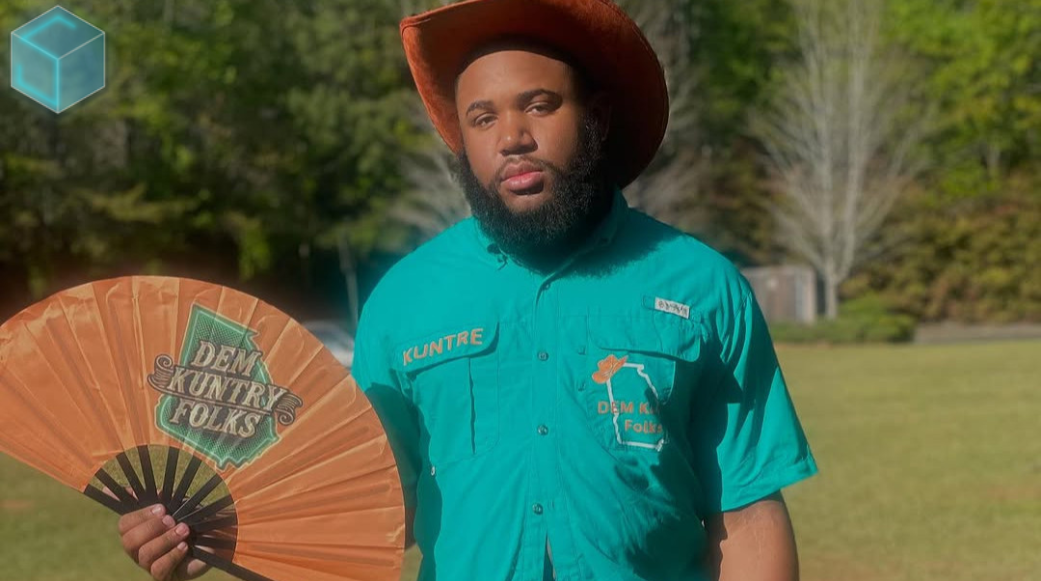
October 23, 2025
Discover how Mix Master strengthens your brain just like an instrument - training focus, creativity, and emotional intelligence through the science of sound.
Read more.png)
September 8, 2025
Tools like Suno are now powerful enough to generate melodies, lyrics, and even full songs in seconds. That’s exciting—and controversial. Just ask Timbaland. Recently, he came under fire..
Read more
August 23, 2025
The 1980s and 1990s analog music medium known as cassette cassettes is experiencing an unanticipated comeback, with Gen Z spearheading the trend. Taylor Swift, who included cassettes in the release...
Read more
August 23, 2025
This week's most notable headline: Doja Cat's erotically charged, '80s-inspired music video, "Jealous Type," is dominating social media feeds and cultural discourse, marking her most daring...
Read more
August 23, 2025
J-hope and GloRilla's "Killin' It Girl," a spectacular blend of K-pop flare and shameless hip-hop heat that has taken the world by storm, is this week's winner of the Best Collaboration of Summer...
Read more
August 23, 2025
Carly Rae Jepsen is giving fans the ultimate gift for the 10th anniversary of her critically adored album Emotion: a special edition featuring four never-before-heard tracks and two fresh remixes...
Read more
August 23, 2025
The wait is over, ARMY! BTS is officially back together and balancing work and play in their first moments of reunion after completing mandatory military service. J-Hope sent fans into a frenzy...
Read more
August 23, 2025
Christian music stepped outside of its quiet comfort zone in 2025. "Hard Fought Hallelujah," a worship song by Brandon Lake, went platinum, sold out festival stages, and exploded from churches to...
Read more
August 23, 2025
In late July 2025, Christian artist Forrest Frank (of Surfaces, now a solo juggernaut in faith-pop) posted from a hospital bed: he’d fractured his L3 and L4 vertebrae in a skateboarding accident...
Read more
August 21, 2025
On September 16, the masked metal phenomenon Sleep Token will embark on their 2025 "Even In Arcadia Tour" across North America. The 18-show tour, which includes a huge date at Brooklyn's Barclays...
Read more
August 21, 2025
Due to a line dance that went viral and won over fans' hearts both inside and outside of the United States, 22-year-old Tre Little's song "Boots on the Ground" has become a cultural sensation this...
Read more
August 21, 2025
In addition to preparing for her next album, The Life of a Showgirl, Taylor Swift is reviving the physical medium this week by putting her songs on cassette tapes. This sentimental action...
Read more.png)
If you’ve been searching for musicians who share your passion for breakcore, drum and bass, jungle, or other less mainstream genres on platforms like BandLab, it can be frustrating to feel like you’re swimming in a sea of rap and trap music. While these genres dominate many online music communities, there are ways to find like-minded musicians who are creating the kind of music you love.
Here’s a guide to help you navigate these platforms, connect with musicians who share your tastes, and build a community around the genres you’re passionate about.
Before diving into strategies for finding your niche, it’s important to acknowledge why genres like rap and trap are so prevalent on platforms like BandLab and in many online music communities.
Even though the broader music platforms may be saturated with certain genres, there are plenty of communities and forums dedicated to niche genres like breakcore, drum and bass, and jungle. These communities are often smaller but more passionate and focused on the music you love.
If you’re sticking to broader platforms like BandLab, you’ll need to be more strategic with your searches to find the music and collaborators you’re looking for.
Social media can be a powerful tool for finding and connecting with artists in your preferred genres. Platforms like Instagram, Twitter, and YouTube often have active communities around niche genres, where you can discover new music and network with other musicians.
While it’s natural to want to work within your preferred genre, sometimes stepping outside your comfort zone can lead to exciting collaborations. Consider working with artists from different genres and blending your styles to create something unique.
If you’re struggling to find a community that shares your musical interests, consider starting your own. By creating a space for musicians who love breakcore, drum and bass, or jungle, you can attract like-minded individuals and build a supportive community around your genre.
While it can be frustrating to feel like your preferred genres are overshadowed by more popular ones, remember that there are plenty of musicians out there who share your passion for breakcore, drum and bass, jungle, and other niche genres. By being strategic in your search, engaging with genre-specific communities, and building connections, you’ll find your tribe and create the music you love with like-minded individuals.
Don’t be discouraged—keep exploring, reaching out, and creating. The right collaborators are out there, and with persistence, you’ll find them.
Have you had success finding collaborators in niche genres? Share your experiences and tips in the comments below!